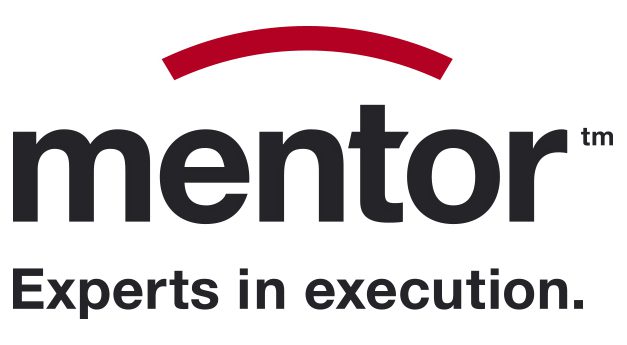Project Risk Assessment: How to judge if your program is at risk
What is project risk assessment? Learning from the military
Project risk assessment provides major opportunities to strengthen a program’s immune system to deal with events that could potentially jeopardise a key programs’ health.
In a fascinating podcast with Tim Ferriss, the much-decorated General Stanley McChrystal analyses project risk assessment in a military context.
He doesn’t pull any punches.
Reflecting on the recent botched evacuation from Afghanistan, he argues that “we don’t do risk assessment very well”. He cites decisions being made subjectively, based on flawed assumptions and incomplete information. Those in charge went on gut feel rather than facts and data. In some cases, leaders like to pretend an obvious problem doesn’t even exist.
Talking about his experiences in Afghanistan, the General said:
“Many of the things that failed us – was “us”. It was our weaknesses in putting together a coordinated effort over time. Often it was not being able to make the team of team’s work”.
This resonated with me. My experience running business transformation programs leaves me with the same feeling as the General. We don’t do project risk assessment very well. And it’s down to “us”.
Human behaviour is the common denominator here.
When I’ve been called into organisations to salvage a program, I find the same things repeatedly.
Rather than using facts, data and science to measure risk, business leaders often hear what they want to hear from people who are very willing to bend the truth.
By and large, senior management don’t find it easy to accept a program has gone off the rails until their position is compromised in some way.
The human behavioural problem is the most significant risk to any project or program’s success – whether military or otherwise. And that’s down to “us” to fix.
Why is project risk assessment vital to program success?
A simple formula can be used to show this in a practical sense.
Risk = Threat x Vulnerability
We have little control over external threats to a program’s success. These can be caused by any unexpected event that occurs without warning and are outside our sphere of influence.
But we can control our vulnerability to potential threats to a program’s success by putting in place plans and processes to equip our teams with the tools to deal with them.
Bottom line: I’ve never been in any situation where the value of either a threat – or a vulnerability – is zero. So, it doesn’t make sense to talk down risk situations. We must face risks head-on with hard facts.
Practically speaking, everyone reading this knows – from your own hard-won experience – that your best efforts to dodge risk are imperfect, at best. After all, you’re often dealing with the unknown.
Yet acknowledging any threats – and your vulnerability to them – means you have the opportunity to mitigate risks and plan accordingly.
But it’s worth remembering you can never mitigate a risk to zero.
Introducing the optimum tool for mastering project risk.
Unexploded ordnance lurks somewhere in every program. The question is where?
We’ve developed a tool that identifies and deals with any risks to successful program execution.
The Mentor Execution Index (MEI) is an AI-based online tool that gives you a rock-solid construct to strengthen your ability to deal with the one thing that threatens all programs – human behaviour.
We’ve been working with large organisations with the MEI. We’ve been able to tell them what’s gone wrong, why it’s gone wrong and we’ve shown them how to put it right.
The data, science and insights delivered by the MEI allows teams to know where and how to focus their efforts. And how to maximise the opportunities for program success.
There is now one big thing you can use to combat program threats. It’s called the MEI and, if you use it, your capacity to reshape risk will be bumped up massively.
If you’d like to know how the MEI can help your organisation with project risk assessment, please drop me a line a dhilliard@mentoreurope.com

